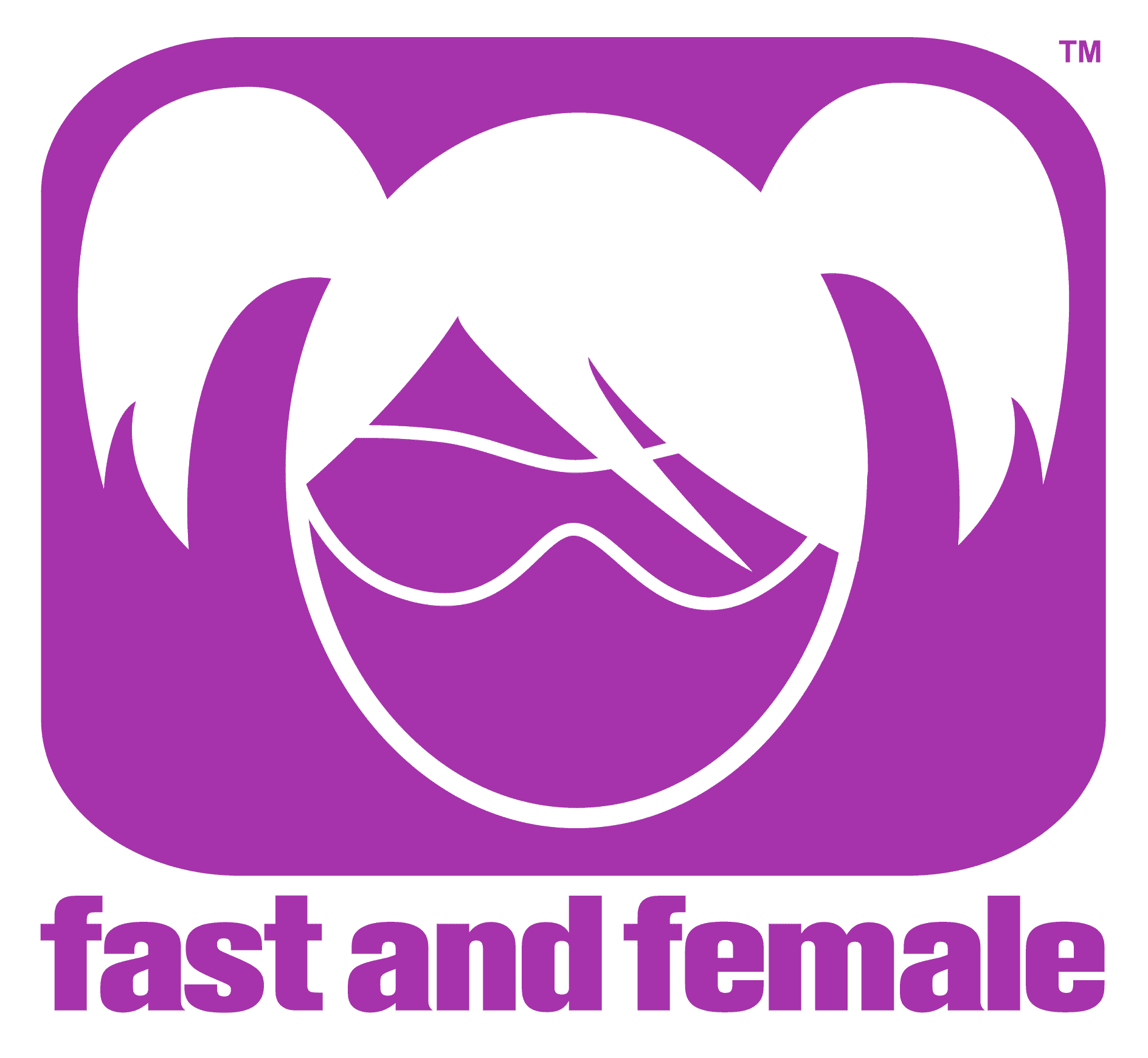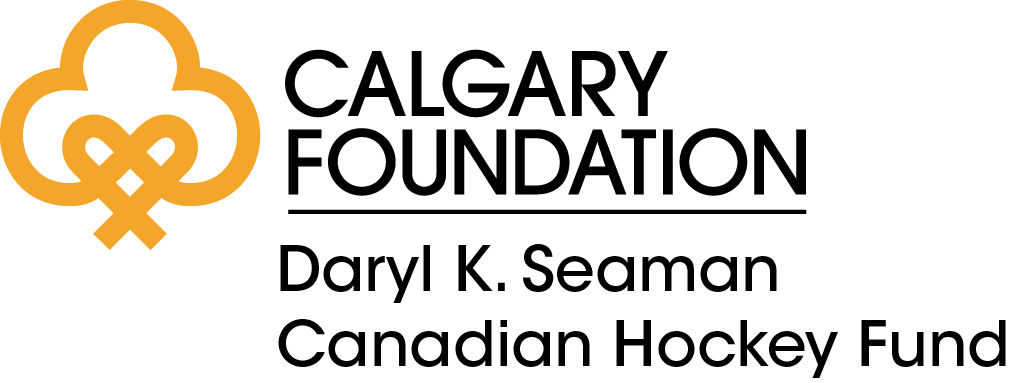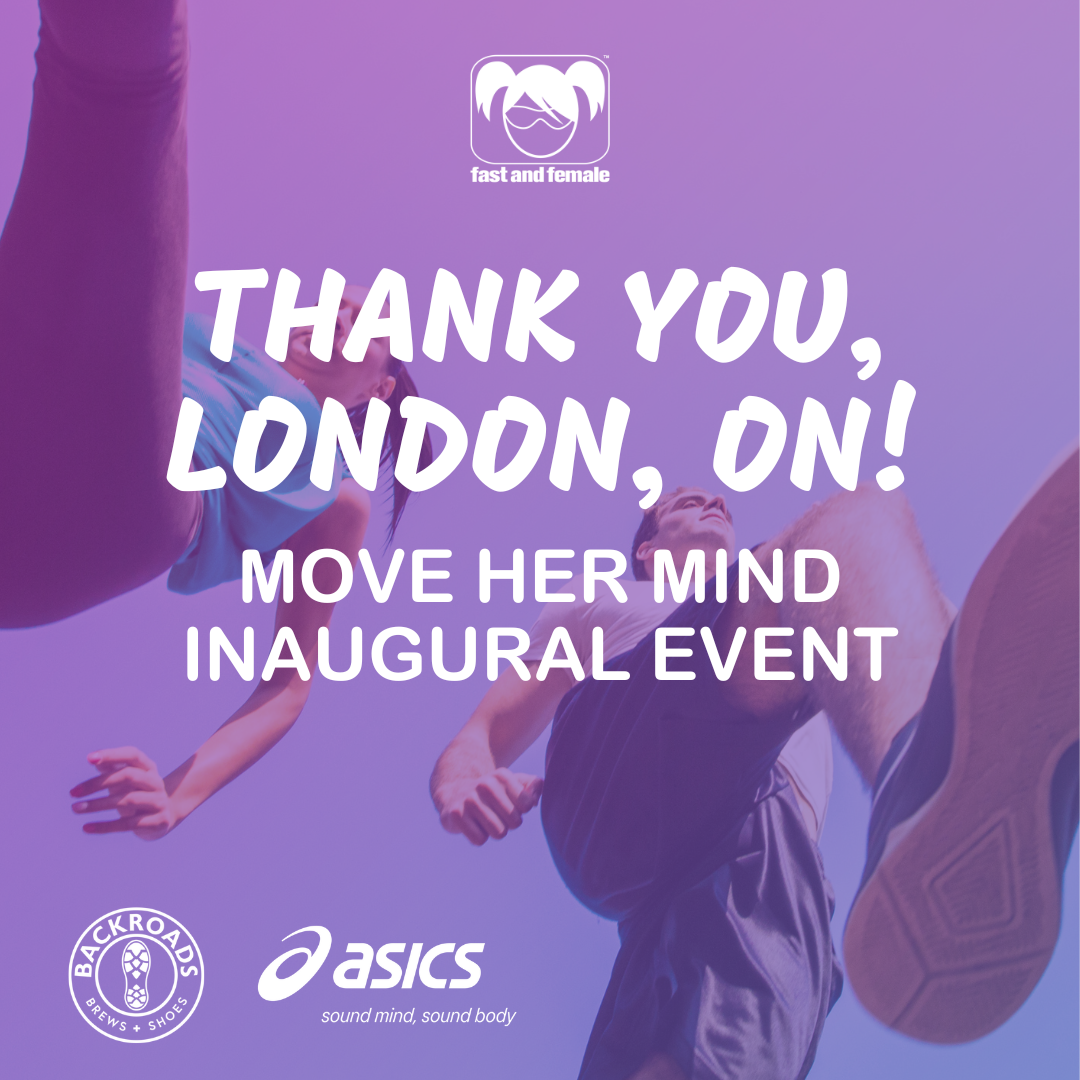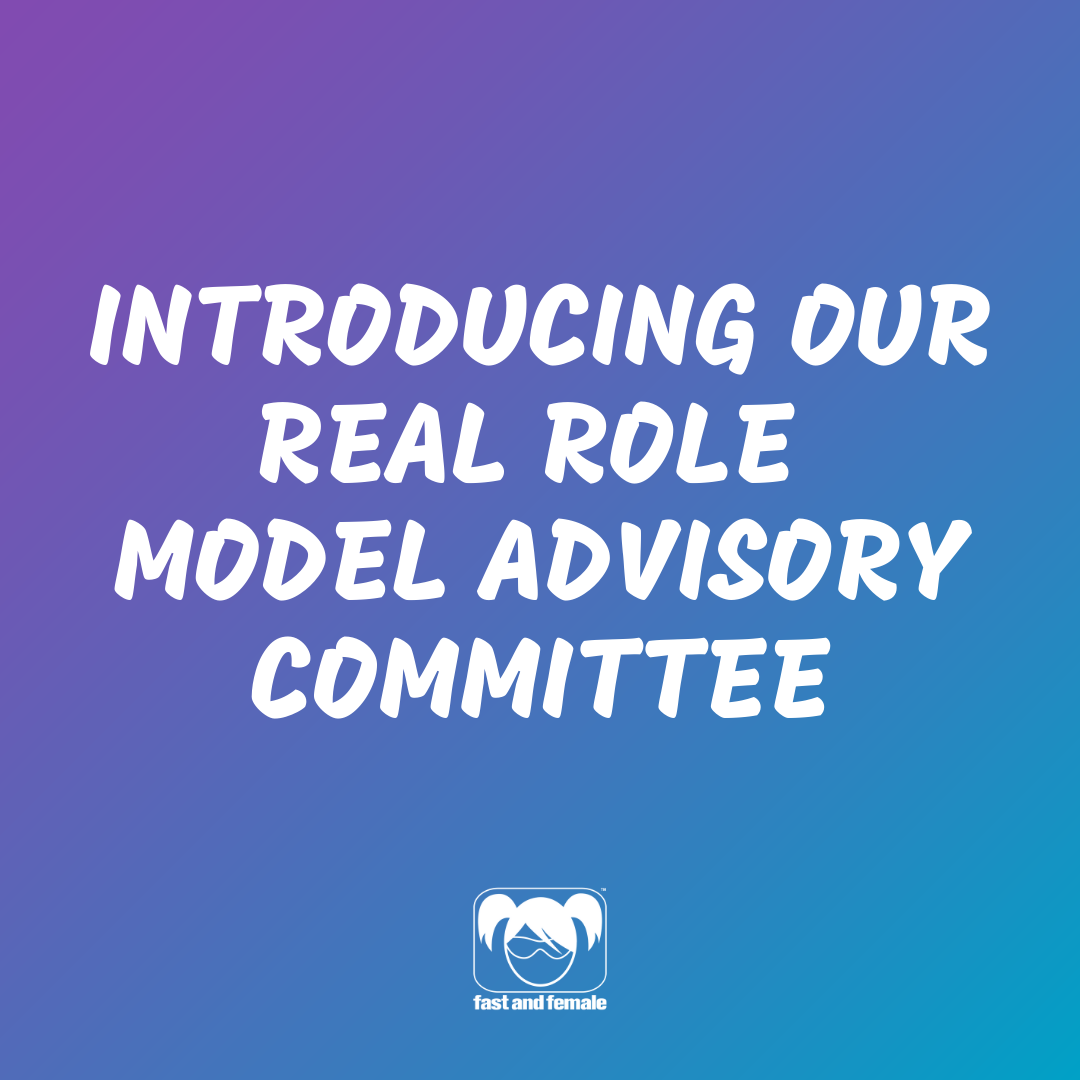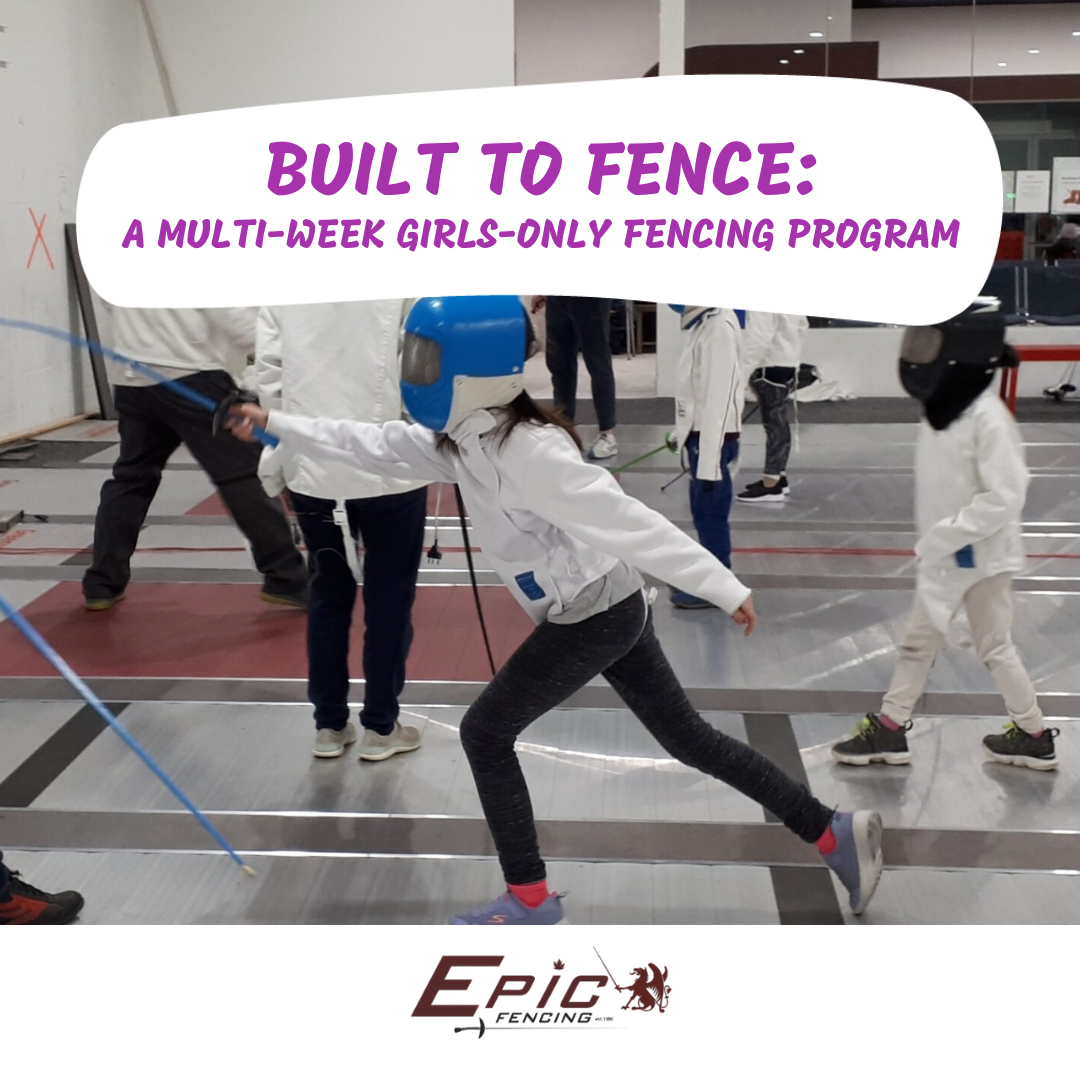“The more women move, the better women feel. Yet, over half of the women are…
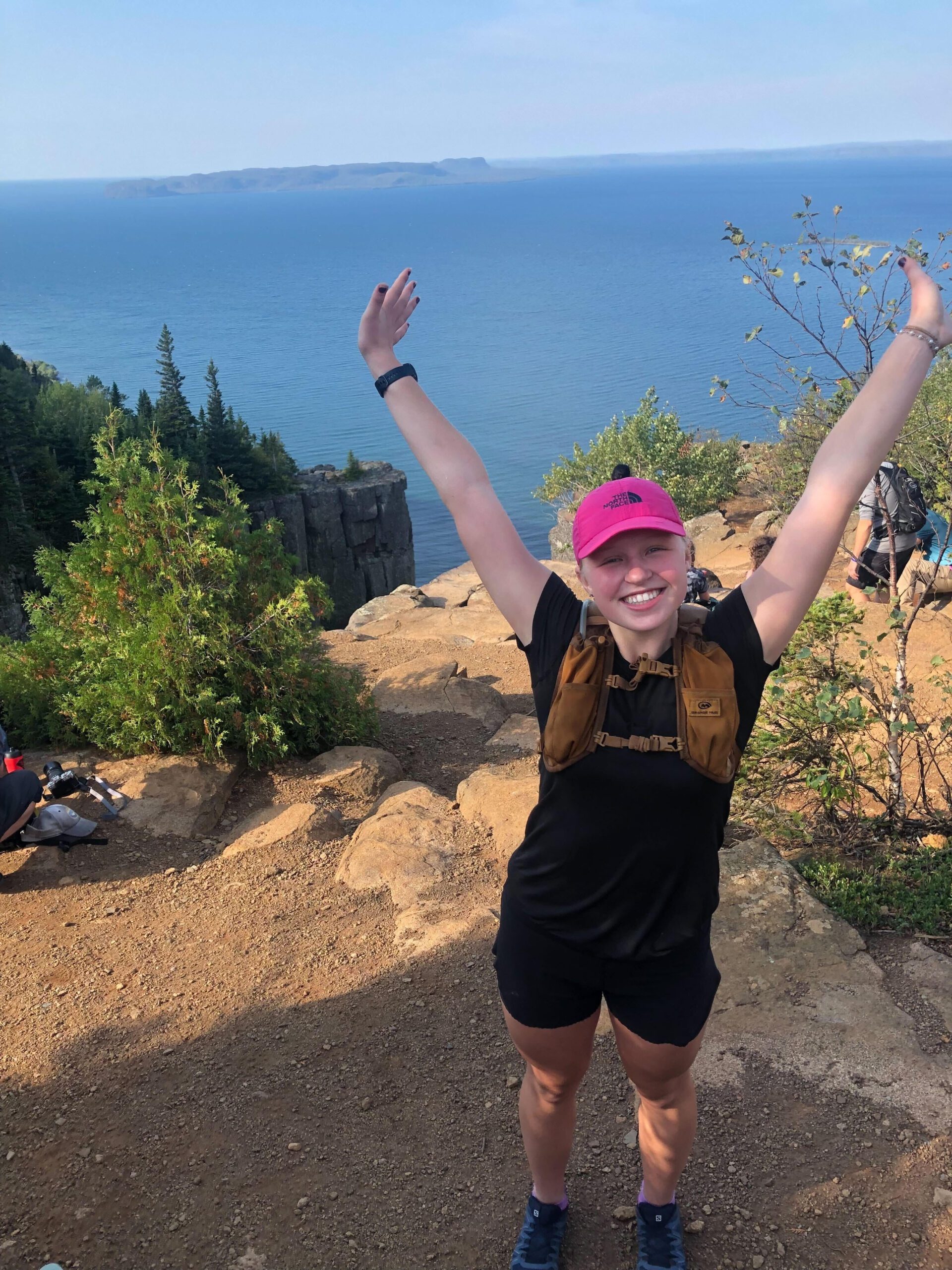
Fast and Female Youth Advisory Council’s Brooke Ailey on Prioritizing Nutrition
Content Warning: Eating Disorders
We had the chance to sit down with Fast and Female’s Youth Advisory Council member, Brooke Ailey from Thunder Bay, Ontario. As an athlete she has been working to reshape her perspective around food and nutrition, and shared her journey battling and eating disorder. Brooke’s goal is to bring awareness to the pressures that young self-identified girls in sport face, and we recommend reading through this post with an adult in your life to help navigate any reflective questions you may have.
Please introduce yourself
My name is Brooke Ailey, I am 17 years old and live in Thunder Bay, Ontario. I am a competitive cross-country skier with Lappe Nordic. I joined Fast and Female’s Youth Advisory Council last August, with the goal of bringing awareness to eating disorders and disordered eating in sport and help girls avoid and recover from them in order to live life to the fullest. I want to show girls that there is room for them in sport, to grow, learn, make mistakes and succeed!!
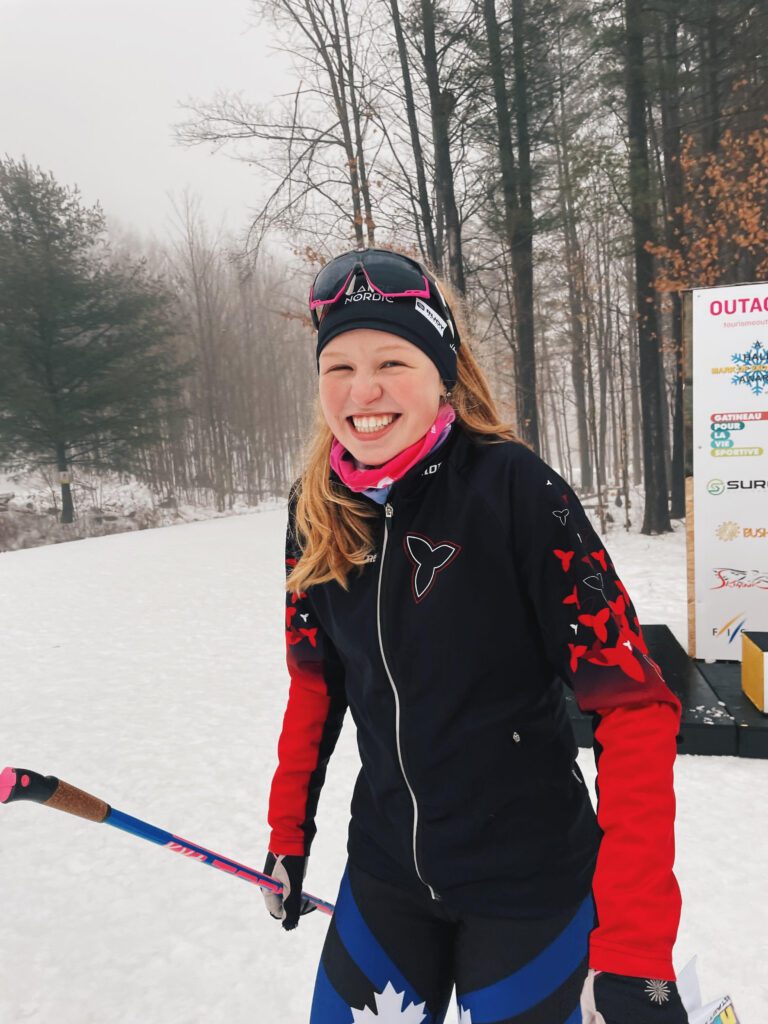
Why is it important for you to bring awareness to eating disorders and disordered eating in sport?
In the past, I struggled with an eating disorder called orthorexia. It was debilitating and all-consuming, and a lot of it stemmed from wanting to be what I perceived as a “true athlete.” I had this strong idea in my mind that an successful athlete was lean, and muscular but skinny, and that 1. I was not that, and 2. If I cared about my performance, I needed to become that. This is an incredibly harmful lens to view your body and your athleticism through, but also very very coming. So many young girls, especially athletes, struggle with unidentified eating disorders or body image issues because to everyone around them, it can just look like a noble effort to improve as an athlete. Especially as an athlete, you are often praised for being lean, thin, conscious about your nutrition, healthy, etc. I was very lucky to have an extremely supportive ski community and family, and I never felt this pressure from them, but I was still conditioned to have this ideal athletic body in mind.
In the athletic community, we need to get away from this idea of “looking” like an athlete. If you do any type of sport or physical activity, at any level, you are an athlete. Point blank.
Why was Fast and Female the avenue for you to spread this message?
I have been a part of Fast and Female since I was a young girl, and so I think it was a natural progression. I have always been passionate about engaging girls in sport, and have always wanted to work with Fast and Female. Struggling with an eating disorder as a female athlete, I felt really alone, but in recovery, I realized how common this issue is, specifically in the young self-identified female athletes. As this is Fast and Female’s main demographic, and as we have previously focused mainly on physical activity, I feel there is room for growth in terms of nutrition and helping girls create a healthy relationship with food.
You did an interview with CBC about your experiences. Can you tell me a bit about why you chose to do that?
For sure. I was approached by my high-school principal, who had a connection with a former student and CBC journalist looking to write an article about eating disorders. I sat on the proposal for a few months, mostly because I was nervous but also because I was worried about how people around me would perceive me if they knew what I struggled with. I ended up doing the interview only because I knew I could have a positive impact on other young girls, and help them avoid or get help for similar issues. I want to be the role model I wished I had four years ago because I really think that could have changed things for me.
I feel people have a very limited perception of what an eating disorder looks like. For the majority of my eating disorder, I was still in the “healthy” range for BMI, but internally, I had never been less healthy. I think people often associate eating disorders with an extremely malnourished, feeble young girl, either with anorexia or bulimia, as the only types of eating disorders. In reality, well these are two very serious ED’s, they actually make up a very small portion of all ED’s, and only 6% of people struggling with an eating disorder are classified as “underweight.”
Anybody can struggle with an eating disorder. It doesn’t matter where they may land on the gender spectrum, it doesn’t matter their age, or how they look. Or how “strong” they are. Just because you are strong doesn’t mean you aren’t struggling. Eating disorders can be very secretive and private, and people can be very good at hiding their destructive behaviours.
How did you seek out help?
My mom urged me to. During the first few months of the pandemic, I began treatment virtually with St. Joe’s Hospital here in Thunder Bay. I saw a few therapists for about 6 months, and after that, my symptoms finally went away. That was just what recovery looked like for me, but it varies from person to person.
What would you say to young female athletes struggling with disordered eating or an eating disorder.
I believe eating disorders also come in a range of severity, and this idea of “not being sick enough” needs to go. I know personally, I deferred treatment for years because I didn’t view myself as sick enough to get help. Why do you need to be severely underweight and in a terrible mental state to get help? If you are struggling, in any way, in any capacity, you deserve help. You deserve to have the best relationship with food, exercise and your body as possible.
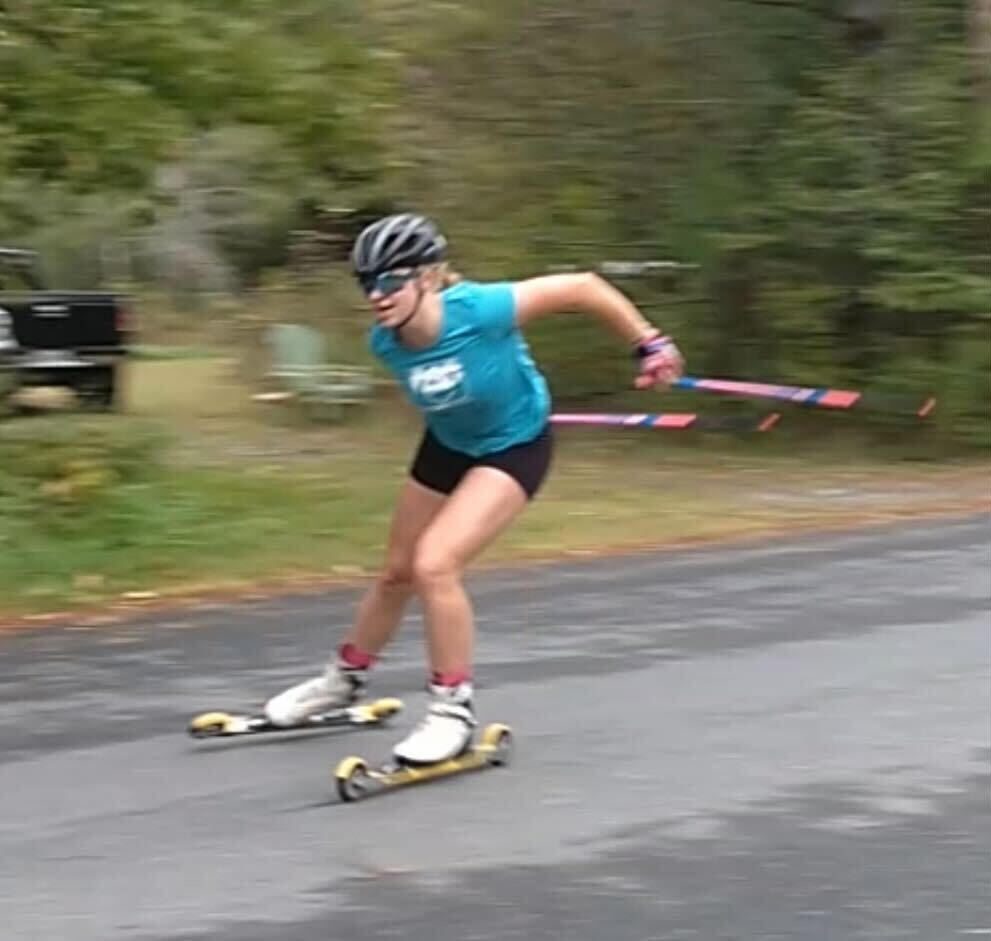
Anything else you’d like to add?
At Canadian Ski Nationals this year, I got to meet Jessie Diggins. Jessie is an American Olympic Gold Medalist in Cross-Country Skiing, and also a survivor of an eating disorder and an advocate for seeking help for issues surrounding eating. When I met her, I thanked her for her role in helping me seek help for my eating disorder. It was a really emotional moment for me, and a full-circle moment. She gave me a big hug, and I think that’s a moment I’ll remember for the rest of my life. Recovery is worth it.
National Eating Disorder Information Centre
(416) 340-4156
nedic.ca
